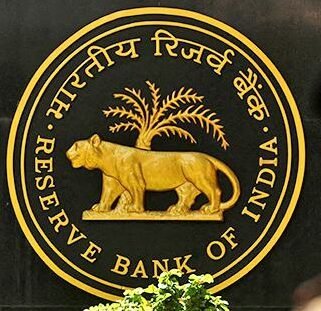RBI Issues Revised Master Directions on Fraud Classification
The Reserve Bank of India (RBI) issued revised master directions on July 15 to incorporate the Supreme Court’s 2023 judgment on ‘natural justice’ for borrowers before their accounts are tagged as fraudulent. These updates are part of a comprehensive review aimed at enhancing fraud risk management in regulated entities.
Board-Approved Fraud Risk Management Policy
The master circular mandates a board-approved policy outlining the roles and responsibilities of the board and senior management in fraud risk management. This policy is essential for guiding the measures a bank’s board must consider before classifying persons or entities as fraudulent.
Compliance with Principles of Natural Justice
The revised directions explicitly require regulated entities to ensure compliance with the principles of natural justice in a time-bound manner before classifying persons or entities as frauds. This requirement is based on the Supreme Court Judgment dated March 27, 2023, in the matter of State Bank of India & Ors Vs. Rajesh Agarwal & Ors (Civil Appeal No. 7300 of 2022).
Show Cause Notice and Response Time
Under the new rules, all regulated entities must issue a detailed show cause notice to the persons, entities, and their promoters/whole-time and executive directors against whom fraud allegations are being examined. The notice must provide complete details of the transactions, actions, and events leading to the potential fraud declaration.
A minimum of 21 days must be given to the recipients of the show cause notice to respond.
Reasoned Orders and Special Committee
Banks must serve a reasoned order to entities, detailing the decision about the classification of the account as fraud. Additionally, banks are required to have a ‘Special Committee of the Board for Monitoring and Follow-up of cases of frauds,’ which must include at least three board members and be headed by an independent or non-executive director.
Strengthened Framework for Early Warning Signals (EWS)
The revised directions have strengthened the framework on early warning signals (EWS) and red-flagging of accounts (RFA) to ensure early detection and prevention of frauds. This includes timely reporting to law enforcement agencies and supervisors.
A red-flagged account is one where suspicion of fraudulent activity is indicated by one or more early warning signals, necessitating deeper investigation. For such accounts, banks are required to use either an external or internal audit for further investigation.
Data Analytics and Market Intelligence
The new directions also call for the establishment of data analytics and market intelligence units to strengthen risk management systems within regulated entities.
Applicability to Regional and Rural Banks
The revised directions are now applicable to regional rural banks, rural cooperative banks, and housing finance companies, promoting better fraud risk management systems and frameworks in these entities.
These comprehensive updates by the RBI aim to enhance the overall governance and oversight of fraud risk management in regulated entities, ensuring a more robust and just approach to fraud detection and prevention.


